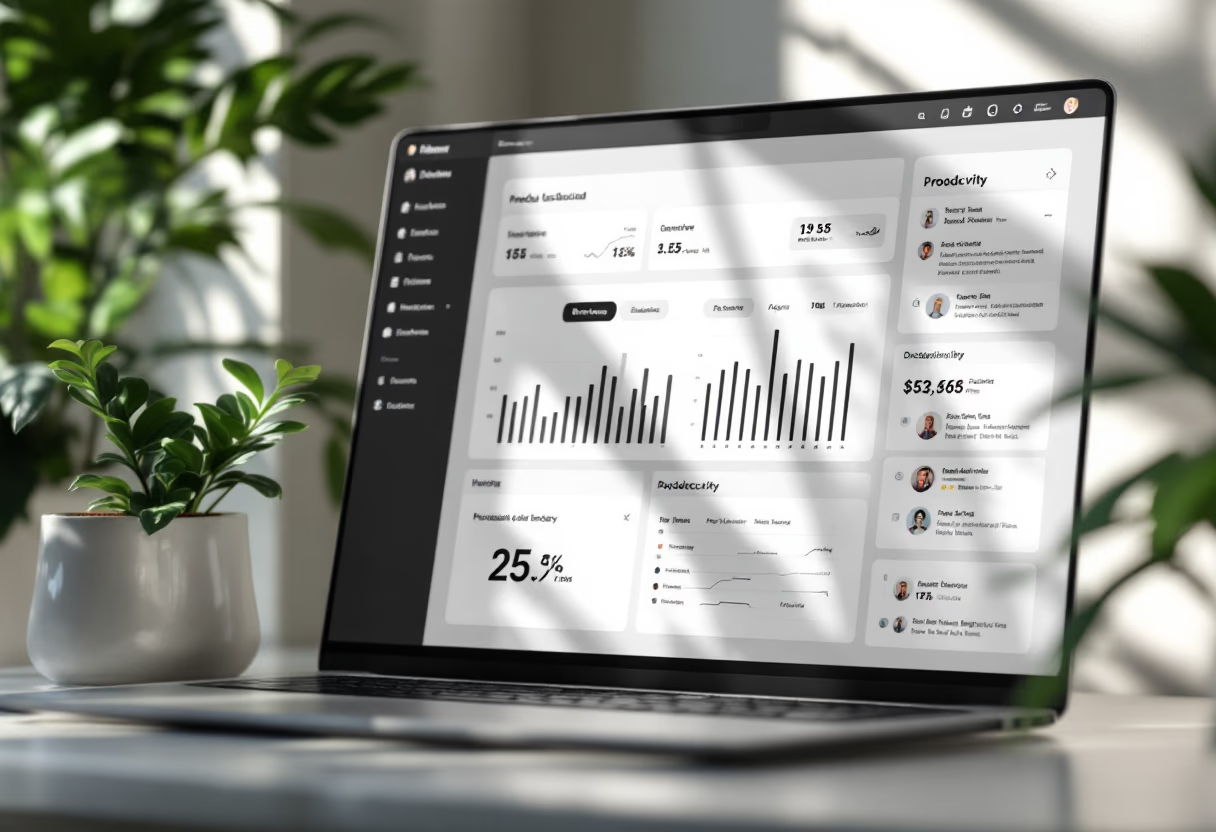Rethinking recovery: it’s more than just rest
Concussion recovery involves more than just rest and pacing.
Some symptoms linger because of deeper physiological changes, especially in the brain’s immune and nervous systems.
In this post, we look at what’s happening behind the scenes and how different strategies — from diet to physiotherapy — can support healing.
Neuroinflammation: a hidden driver of symptoms
After a concussion, your brain goes through more than the initial impact.
It also launches a complex immune response known as neuroinflammation.
Immune cells in the brain (like microglia and astrocytes) release chemical messengers called cytokines. These include IL-6, TNF-α and IL-1β.
While this process helps clear cellular debris, it can sometimes go too far — or last too long.
Growing research suggests that prolonged inflammation may contribute to symptoms like:
- Headaches
- Fatigue
- Brain fog
- Mood changes
Higher levels of certain cytokines have been linked to worse outcomes and longer-lasting symptoms in concussion patients.
Strategies to support brain healing
Researchers are exploring ways to reduce neuroinflammation and support recovery. Some early findings suggest:
Diet and supplements
- Anti-inflammatory foods: Diets rich in fruit, vegetables, olive oil, fish, and nuts — like Mediterranean or ketogenic diets — may support brain recovery.
- Nutritional supplements (with medical guidance):
- Omega-3 fatty acids (fish oil)
- Vitamin D (especially if deficient)
- Curcumin (turmeric)
- CoQ10
- Melatonin
Always speak with your doctor before trying supplements.
Moderate exercise
Aerobic activity (to your symptom threshold) has anti-inflammatory effects and benefit brain regulation and recovery.
Emerging therapies (still experimental)
- Anti-inflammatory nasal sprays (e.g. Foralumab)
- Exosome-based treatments
- Electromagnetic stimulation
These are still being tested and not yet clinically approved.
Physiotherapy: treating more than the brain
Concussions often affect other systems — not just the brain.
Specialist physiotherapists can assess and treat issues like:
Neck pain and stiffness (cervicogenic issues)
Neck strain can worsen headaches or dizziness. Manual therapy and targeted exercises can help reduce symptoms.
Vestibular and eye coordination issues
The balance system (inner ear) and vision can be disrupted. This leads to dizziness, nausea, or blurry focus.
Vestibular rehab and eye tracking exercises can improve coordination and reduce discomfort.
Autonomic dysfunction (e.g. exertional intolerance)
Some people experience unusual heart rate or blood pressure responses after concussion.
This can cause dizziness or fatigue during activity.
Physios can test these responses and help design a graded exercise plan tailored to your threshold.
Managing symptoms day to day
As the body recovers, symptoms may need direct support. Here's what helps:
Headaches
Paracetamol or ibuprofen may help short-term.
But regular use (more than 15 days/month) can worsen headaches.
Medical guidance is key — especially if headaches resemble migraines or tension-type pain.
Sleep issues
Build a strong sleep routine:
- Consistent bed and wake times
- No screens before bed
- Calm wind-down routine
- Dark, cool, quiet environment
Brain fog or concentration problems
Use notebooks, reminders, and break tasks into steps.
Some people benefit from cognitive rehab — guided by a specialist.
Mental health
Emotional symptoms are common and treatable.
Helpful strategies include:
- Psychotherapy or CBT
- Stress reduction techniques
- Medication (under medical care)
A connected system — not just a "brain bruise"
We now know that concussion impacts more than the brain alone.
It affects systems like:
- Nervous and immune system
- Neck and musculoskeletal system
- Vision and balance
- Autonomic function (heart rate, blood pressure)
- Mood and energy regulation
That’s why effective recovery often requires a multi-pronged approach, not just waiting for symptoms to fade.
Final thought
Recovery from concussion means addressing what’s beneath the surface, not just what you feel on the bad days.
By supporting your body with movement, nutrition, and the right treatments, you can reduce inflammation, regain function, and feel more like yourself again.
How Heads can help
Heads helps you track and respond to the symptoms that matter most and stay in control of your recovery. In the app, you can:
- Log symptoms and identify patterns
- Get recovery tips and audio guides
- Track activity and rest balance
- Adjust your plan step by step
- Get support even on low-energy days
It’s about more than just waiting — it’s about recovering with structure.
References
- Giza CC, Hovda DA. The new neurometabolic cascade of concussion. Neurosurgery. 2014;75(Suppl 4):S24–S33.
- Di Battista AP, Rhind SG, Richards D, et al. Altered cytokine and chemokine profiles in cerebrospinal fluid of elite athletes after concussion. J Neurotrauma. 2016;33(9): 811–821.
- Leddy JJ, Haider MN, Ellis MJ, et al. Early subthreshold aerobic exercise for sport-related concussion: a randomized clinical trial. JAMA Pediatrics. 2019;173(4):319–325.
- Schneider KJ, Meeuwisse WH, Nettel-Aguirre A, et al. Cervicovestibular rehabilitation in sport-related concussion: a randomized controlled trial. Br J Sports Med. 2014;48(17):1294–1298.
- McCrory P, Meeuwisse W, Dvorak J, et al. Consensus statement on concussion in sport—the 5th international conference. Br J Sports Med. 2017;51(11):838–847.













